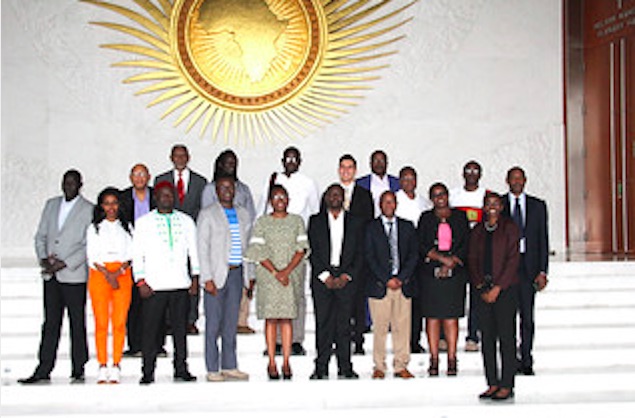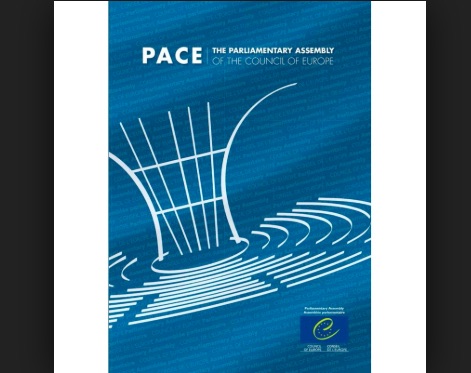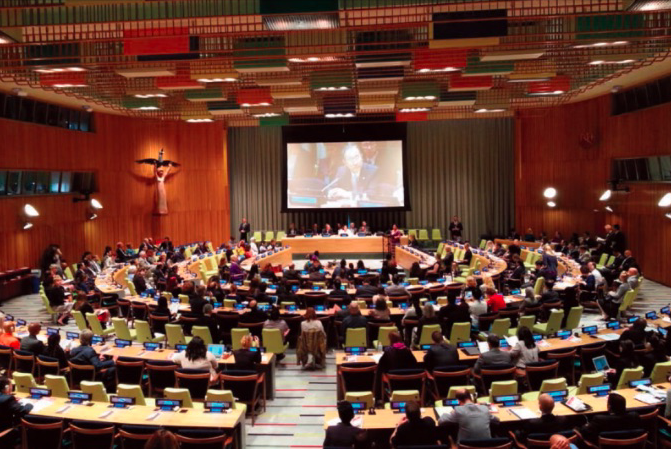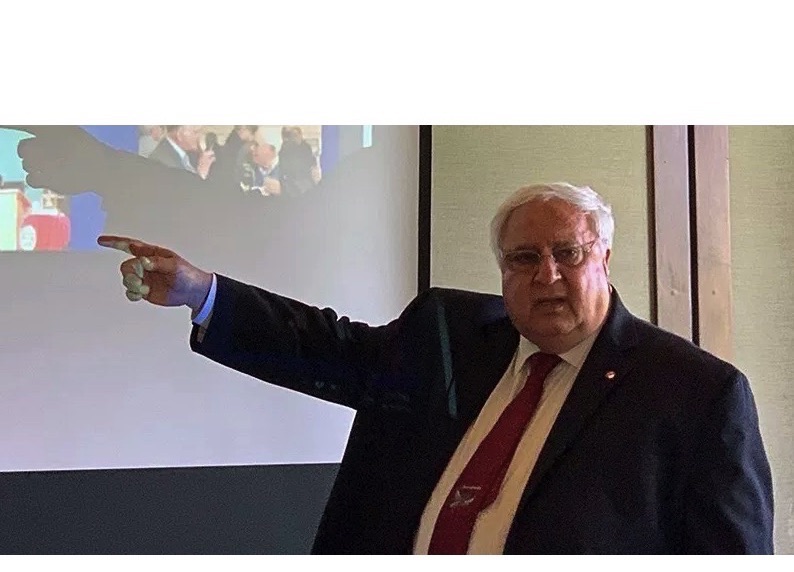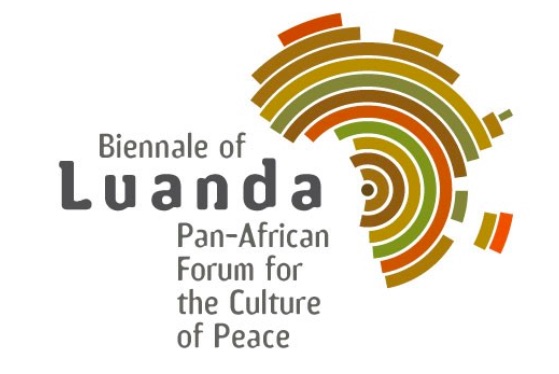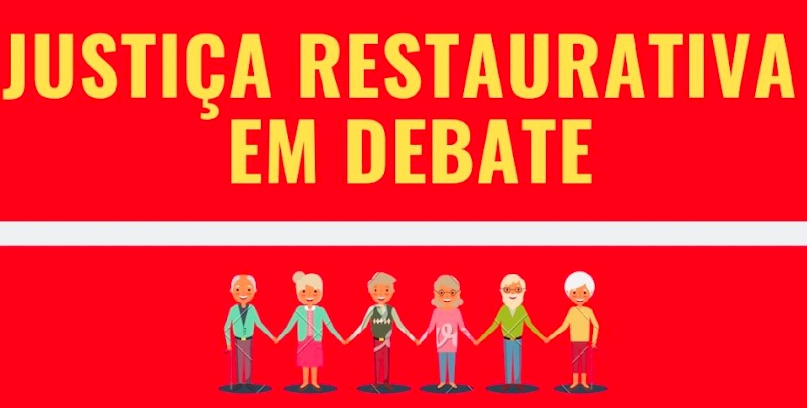FREE FLOW OF INFORMATION
An article from UNAMID, United Nations – African Union Hybrid Operation In Darfur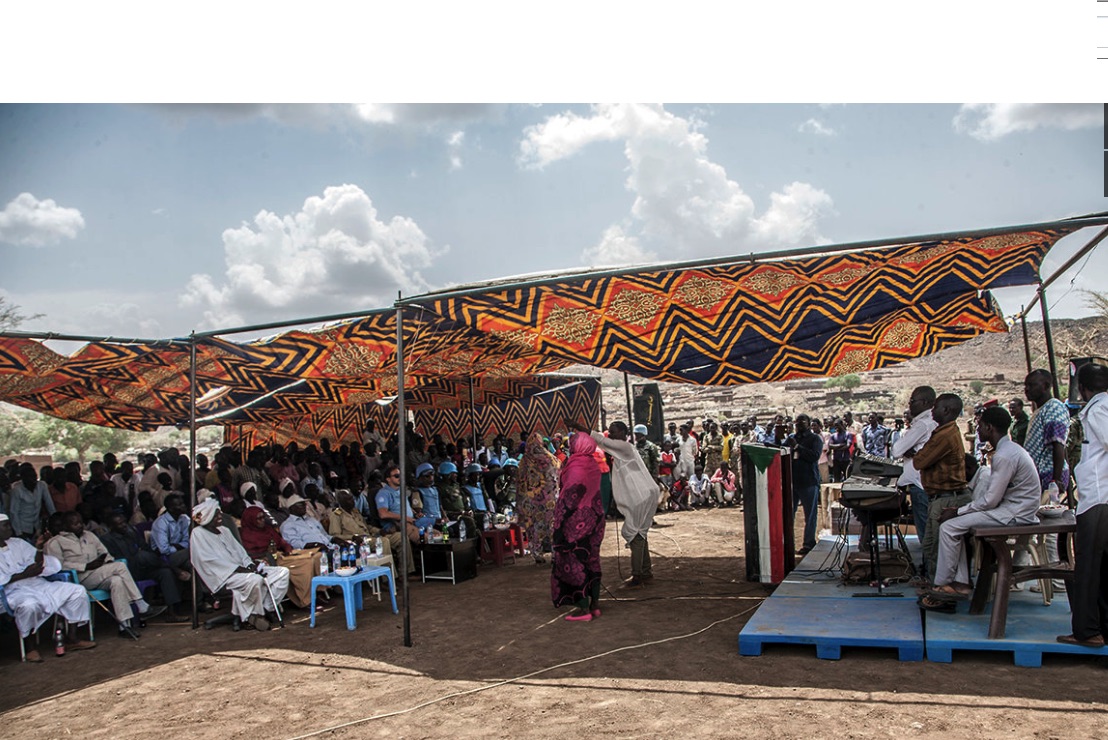
Organized under the theme: “Peace and Peaceful Co-existence”, the Open Day, held in Rockero town, was aimed at inspiring the youth community to choose the path of peace, promote a culture of tolerance, create solidarity and encourage dialogue amongst different segments of society who reside in the area thereby creating an environment where community members can interact freely.
The Open Day event activities included traditional and cultural performances, peace related songs, drama and a quiz on UNAMID transition processes and imminent exit from Darfur. Branded promotional items were given to quiz winners including water rollers distributed to several physically challenged persons.
In his remarks, Mr. Issam El Deen Rajab, the Acting Commissioner of North Jebel Marra Locality, commended UNAMID efforts towards consolidating peace and stability in Darfur. He outlined several projects the Mission has initiated in Rokero, including the establishment of a police station, a rural court and weapons storage capacity. “UNAMID initiative to access northern Jebel Marra, despite tough road challenges in the area, has opened access for humanitarian communities to regularly visit the area and provide related humanitarian assistance to the local population. We are really grateful to UNAMID for this move”, said Mr. Rajab.
(continued in right column)
What is the United Nations doing for a culture of peace?
(continued from left column)
Speaking at the same occasion, the Rokero Youth representative, Mr. Abdallah Hassan not only appreciated UNAMID peace efforts in their Locality but also requested the Mission to support the rehabilitation of the Golo-Rokero road and to fund youth and women related activities and capacity building programs in the Locality.
Addressing the gathering on behalf of CPIS, Mr. Mouroulaye urged the local community in Rokero to continue to preserve the positive atmosphere that currently exists in the area. He emphasized UNAMID’s unwavering commitment to achievement of sustainable peace, explaining that the Open Day program, is one of the tools the Mission uses to cultivate a culture of tolerance, solidarity and dialogue among different sections of society.
On 2 July, CPIS, in conjunction with the Women’s Union in Golo, central Jebel Marra Locality, conducted a one-day “Chant for Peace” Hakamat Workshop in Golo town. Forty-five Hakamat, (traditional praise women singers known for their warrior chants), drawn from different areas in Golo, including Arokero IDPs gathering site, attended the workshop which is part of the Mission’s community outreach activities, aimed at channeling peace messaging through the Hakamat’s repertoire to reinforce peaceful co-existence in the community.
“I now fully understand my changed role as a hakama. I have to play the role of peace builder through chanting for peace and peaceful co-existence in our society,” said 45-year old Haja Tibin Mohamed at the end of the workshop, whilst Fatima Adam Issa, 30 years old, another Workshop participant, observed that in the past, Hakamats used to compose and sing songs for the service of war, but that after attending the Workshop, she “will use the songs to bring the people together as we learned that these songs are an important in the peace process. Local songs are very powerful and have impact in the minds of men who are truly touched by them. Let us use these songs in the right way, to build communities, not break them,” Ms. Issa added.
“A Hakama has a great role to play in promoting peace across Darfur region, local songs can bring peace to Darfur if used in the right way. These workshops reform Hakamat’s understanding and contribute positively to the peace process in Darfur, bringing people together, “Nimat Ishaq Adam, one of the workshop participants chanted at the of the workshop.


 Video from Deutsche Welle
Video from Deutsche Welle 

